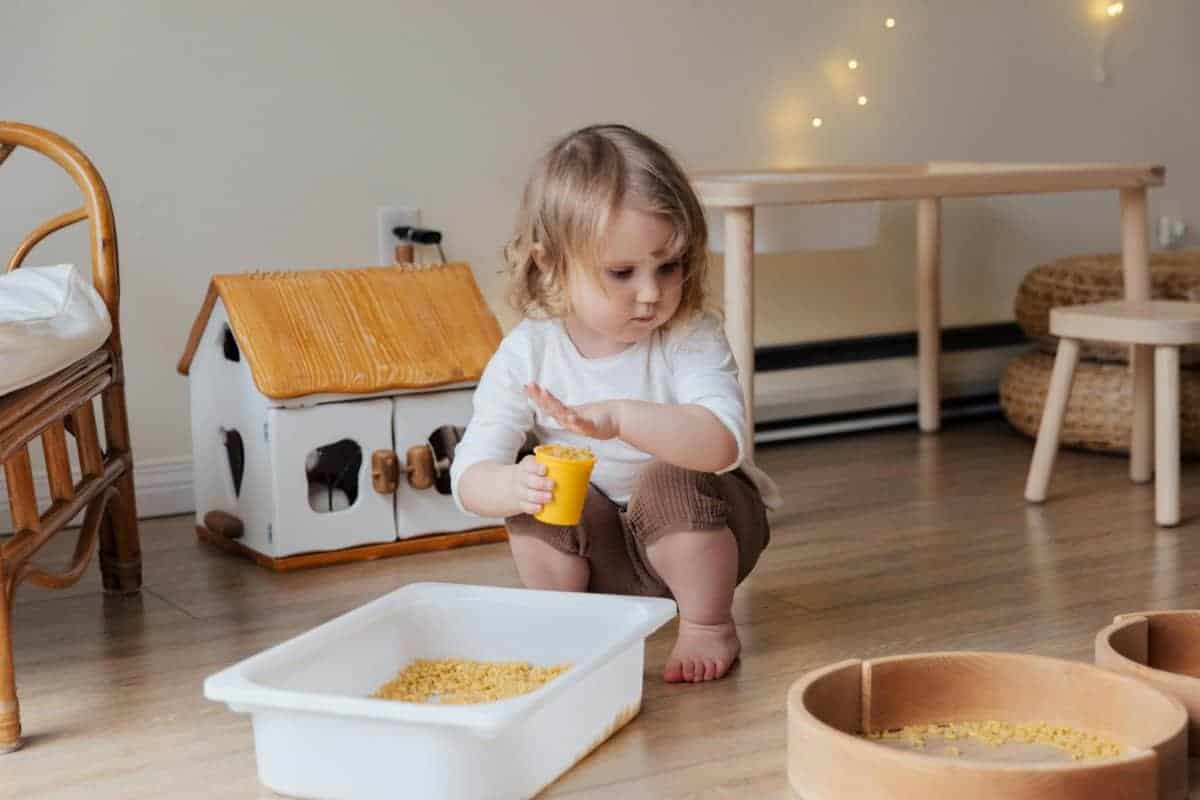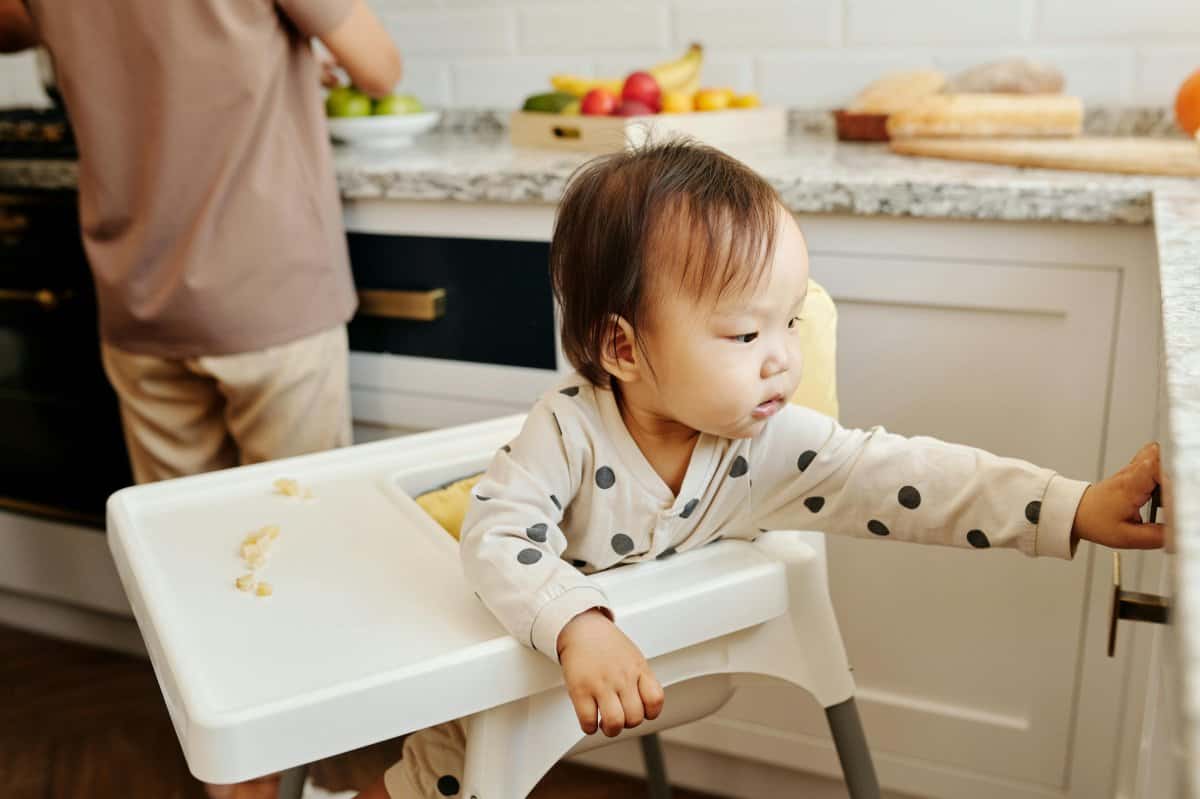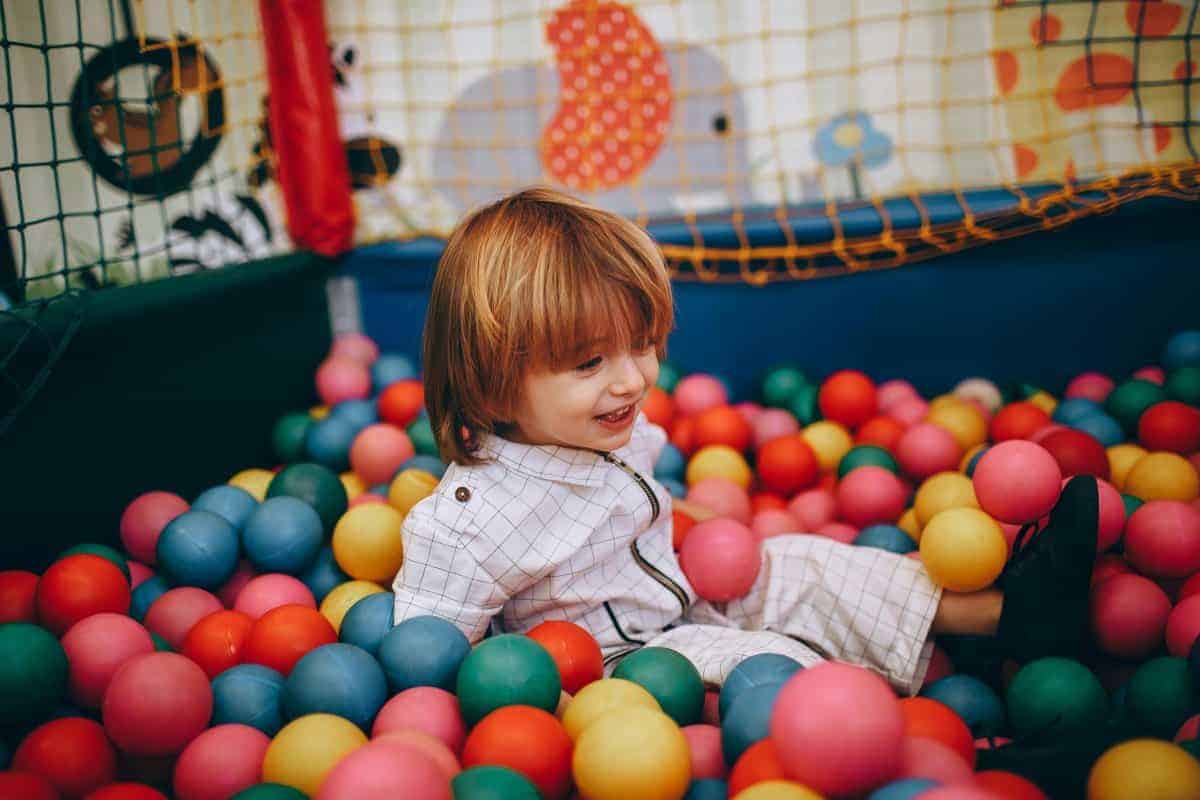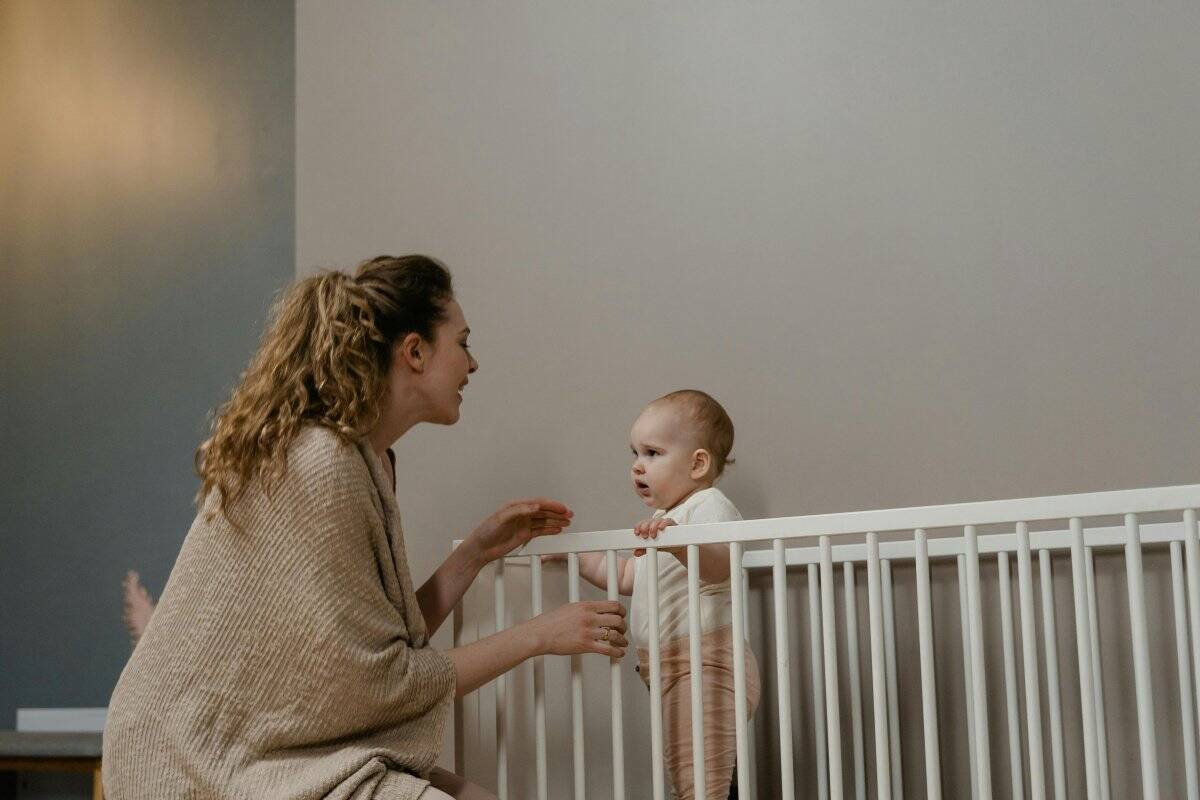Toddler Meltdowns Make More Sense When You Know This
Any parent or caregiver knows the bewilderment of a toddler’s sudden meltdown. One moment, your child is giggling; the next, they’re in full-blown distress over the wrong color cup. These intense reactions often seem illogical and leave adults feeling helpless. Yet, what if these emotional outbursts actually make perfect sense? By understanding the developmental and emotional processes at play, we can shift our perspective. Unlocking the reasons behind toddler meltdowns doesn’t just help us cope—it can transform the way we support our children in their most vulnerable moments.
1. Emotional Regulation is Still Developing

Imagine a building with scaffolding still up—that’s your toddler’s brain when it comes to handling emotions. The areas responsible for self-control and emotional regulation are under construction, making it hard for young children to manage big feelings. Meltdowns aren’t acts of defiance—they’re signs of an overwhelmed system. Unlike adults, toddlers lack the inner tools to calm themselves effectively. This explains why seemingly minor frustrations can spark such powerful, unpredictable outbursts.
2. Limited Language Skills

Toddlers often know what they want, but can’t always find the words to say it. Imagine feeling hungry, tired, or upset—yet unable to explain why. This communication gap leads to frustration that can quickly boil over. For example, a child might cry or scream when they want a snack or help with a toy. Without the language to ask clearly, emotions take over—and meltdowns follow.
3. Overwhelming Sensory Inputs

Bright lights, loud noises, busy places—what adults might brush off can feel like chaos to a toddler. Their nervous systems are still learning to process and filter sensory information, making them especially sensitive. Imagine being in a packed concert or a bustling airport: that’s how a grocery store or birthday party can feel to a young child. Sensory overload can tip toddlers into meltdown mode with little warning, especially when they’re already tired or hungry.
4. Desire for Independence

Toddlers are driven by a powerful urge to do things themselves. Whether it’s putting on shoes, pouring juice, or choosing clothes, their determination often collides with adult schedules or safety concerns. When they’re stopped or helped before they’re ready, frustration can erupt instantly. “I do it!” becomes a familiar battle cry—and when independence is thwarted, meltdowns can quickly follow. It’s a normal part of learning autonomy, even if it tests everyone’s patience.
5. Unpredictable Routines

Toddlers thrive on predictability. When routines shift—a missed nap, a late meal, or an unexpected outing—their sense of security is shaken. Think about how disoriented you feel after a sleepless night or sudden change in plans; for toddlers, this feeling is amplified. Even small disruptions can tip the balance, leading to emotional overload. Consistent routines help toddlers feel safe, so unpredictability often shows up as meltdowns, especially during transitions or after a long day.
6. Hunger and Fatigue

Even adults can get irritable when hungry or tired—toddlers feel this even more intensely. A skipped snack or missed nap can drain their patience instantly. “Hangry” meltdowns are common, with little ones crying or lashing out over the smallest setbacks. Regular meals and naps are crucial for keeping emotions in check. When their basic needs aren’t met, toddlers simply don’t have the reserves to cope with everyday frustrations.
7. Learning Boundaries and Rules

Toddlers are natural explorers, always pushing limits to figure out what’s allowed. When they’re told “no,” it can feel confusing or even unfair—sparking strong emotional reactions. Testing boundaries is how children learn about safety and social expectations, much like adults adjusting to new workplace rules. Each “no” is a lesson, but it rarely goes down smoothly at first. These moments of resistance are part of healthy development, even though they often result in tears and protests.
8. Big Feelings, Small Bodies

For toddlers, emotions can be like a tidal wave—sudden, powerful, and impossible to control. Their bodies are small, but their feelings are enormous, rushing in before they can process what’s happening. Imagine trying to hold back a flood with a paper cup; that’s what it’s like for toddlers dealing with disappointment or excitement. Without experience or coping skills, these big feelings easily spill over into dramatic meltdowns.
9. Limited Impulse Control

The brain’s impulse-control center—the prefrontal cortex—is far from fully developed in toddlers. This means acting on urges is almost automatic, with little pause for thought. Picture a big red button labeled “Don’t Press”—toddlers will press it without hesitation. Sudden outbursts, grabbing toys, or yelling in frustration are common simply because the brakes aren’t in place yet. Learning to stop and think comes much later, so meltdowns are a normal part of this early stage.
10. Need for Connection

Sometimes, a toddler’s meltdown is really a call for comfort and connection. When emotions run high, they instinctively seek reassurance from trusted adults. Just as adults reach out to friends when overwhelmed, little ones cry or cling to express their need for closeness. Meltdowns can be their way of saying, “I need you right now.” Responding with empathy helps toddlers feel safe and understood, even during the stormiest moments.
11. Difficulty Transitioning Between Activities

Switching gears is tough for toddlers. They become deeply absorbed in what they’re doing, so being asked to stop—whether it’s leaving the playground or putting away toys—can feel abrupt and upsetting. Transitions require flexibility that toddlers simply haven’t mastered yet. Imagine being pulled away from something you love without warning; frustration is almost guaranteed. Giving advance notice or using routines can ease these moments, but resistance and meltdowns are still perfectly normal.
12. Mirror of Adult Emotions

Toddlers are keen observers and often reflect the emotions of the adults in their lives. If caregivers are stressed, anxious, or frustrated, little ones can absorb and echo those feelings. Meltdowns may become more frequent in tense environments, as children react to the emotional climate around them. This serves as a gentle reminder: modeling calmness and emotional regulation ourselves can help toddlers find their own sense of balance, even in challenging moments.
Conclusion

Recognizing the true causes behind toddler meltdowns transforms frustration into empathy. These overwhelming moments aren’t signs of misbehavior—they’re important milestones in emotional growth. When we respond with patience and understanding, we help children build resilience and trust. Next time your toddler melts down, remember: you’re witnessing learning in action. Offer comfort, set gentle boundaries, and know you’re guiding them through the wild, necessary work of growing up.





